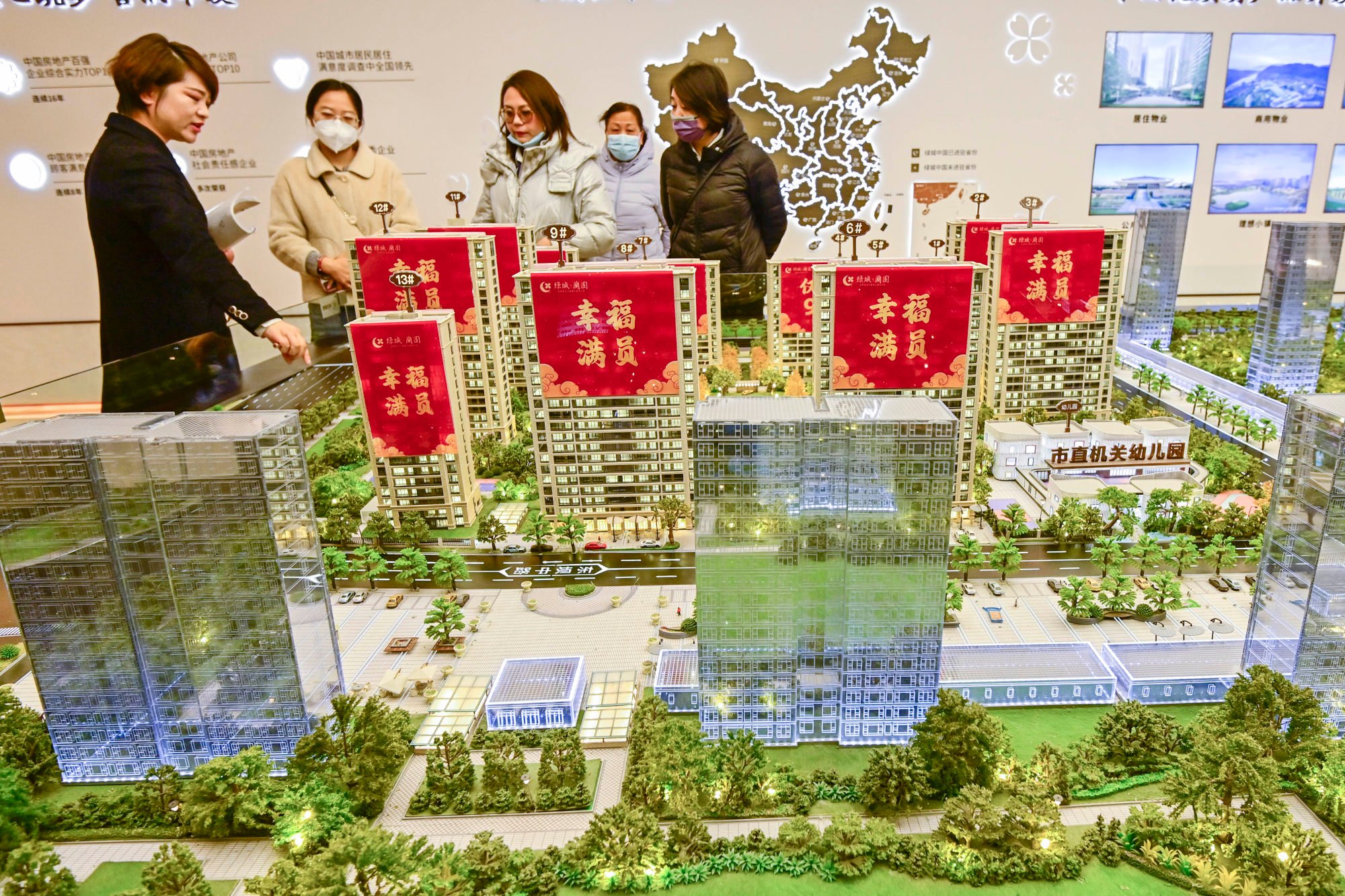It is a remarkable U-turn that has caught on in major Chinese cities. While a number of places, including Beijing and Shanghai, still maintain restrictive measures to keep unwanted buyers out of the local housing market, the days are numbered for such measures given the slump in China’s property market. In fact, even in Beijing and Shanghai, small steps of relaxation have already started.
China’s war against perceived property speculators started nearly two decades ago, when housing prices in the country began to take off. As public complaints about unaffordable housing grew, authorities blamed exorbitant housing prices on “speculators” who were flipping property for quick profits.
That was the time when the term “Wenzhou housing-speculation legion” was coined. People from Wenzhou, a port city in eastern Zhejiang province, who speak the same dialect and are believed to be rich, had formed “legions” to speculate in property markets across China, according to many news reports at the time.
While the actual size and power of this mysterious property investor group were never proved, it has offered an ideal scapegoat for runaway housing prices. The supposed existence of greedy speculators, in turn, provided a rationale for authorities to establish a property “control and adjustment” policy system.
The stated goal of that system was to curb excessive housing prices, even though the country had skipped over some common policy options, such as boosting cheap land supply or increasing the cost of property ownership, both of which could have helped ease price pressures.
Instead, the policy was centred on distinguishing speculators from homebuyers with real needs.
China’s wealthiest cities eventually developed sophisticated systems to pre-screen buyers based on their residential status, social welfare payment situation, mortgage and property ownership record.
Only those who proved absolutely in need of a new home were deemed eligible to buy. The eligibility has been nicknamed a “house coupon”, harkening to China’s state-planned economy days, when people had to use a “meat coupon” to buy pork or a “clothes coupon” to buy shirts.
The home purchase restrictions largely failed to arrest property inflation, with prices across Chinese cities increasing multiple folds in the past two decades.
Meanwhile local authorities were limiting land supply and restricting home buying, which kept land prices high. That was not entirely different from hunger marketing: using supply scarcity and high prices to amplify a buying mania.
China’s land system, its “control and adjustment” policy, an easy money supply, and limited investment choices for regular people have made property the most attractive wealth management option for Chinese households. In extreme cases, urban couples filed a divorce just to get an additional “house coupon”.

But purchasing curbs became unnecessary once the problem shifted from having “too many buyers” to “too few buyers”. That is why Chinese cities are now rushing to lift restrictions, having shifted their priority to attracting as many buyers as possible.
Even though the guiding principle of China’s housing policy remains that “houses are for living, not for speculation”, policies on the ground project quite a different message.
For twenty years, China has done little to conduct meaningful structural reforms in its land and property system to create a sustainable development model. For example, experiments with charging homeowners property taxes went no further than Shanghai and Chongqing, because it was hard to make ownership transparent.
Instead, the state has stepped up control in dictating supply, demand and even prices, with the consequence being an ossified real estate market.
In this regard, the dismantling of purchase restrictions is just the beginning of a new chapter in China’s real estate market.

